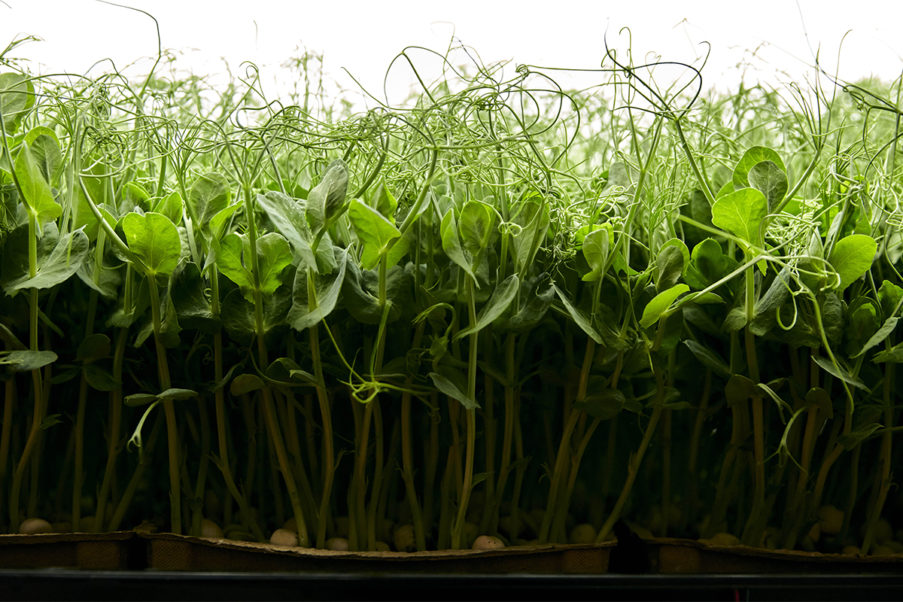
Longevity science is an increasingly hot topic. Many of us aspire to maintain fabulous health as we age, free from chronic disease. Perhaps going bigger on protein, and from plants in particular, can help fend off Father Time. An observational study in the American Journal of Clinical Nutrition, titled ‘Dietary protein intake in midlife in relation to healthy ageing – results from the prospective Nurses’ Health Study cohort’ followed almost 50,000 American-based women over 30 years and assessed the animal, dairy, plant, and total protein intake of these women, based on validated food frequency questionnaires. Healthy ageing was defined as being free of several chronic diseases including cancer, type 2 diabetes and heart disease, as well as having no impairment in mental and physical functioning. Importantly, the investigators adjusted for other factors that could have impacted the results, such as lifestyle choices, alcohol consumption, smoking, BMI, exercise, and fruit and vegetable sensitivity, among others. Total protein intake improved the odds of healthy ageing by 5%, animal protein intake by 7%, dairy protein intake by 14%, and plant protein intake by 38%. However, when the researchers adjusted for fruit and vegetable consumption, only plant protein was associated with increased odds of disease-free healthy ageing. Total, animal, and dairy protein were not. Higher total and animal protein intake was significantly associated with the risk of developing one or more of the 11 chronic diseases laid out in the healthy ageing definition. Conversely, dairy and plant protein intake did not increase this risk. Animal protein increased the odds of not being physically limited by 5%, while dairy protein did so by 8%, and plant protein by a lofty 41%. Researchers found that replacing 3% of energy (calories) from animal protein sources with plant protein sources increased the odds of healthy ageing by 38%.
Do you believe that these results justify telling people to eat more protein from plants and less from meat? Have you been trying to increase your calorie consumption from plant-based protein? In your opinion, are animal-based proteins still a healthy dietary choice? Do you feel there are any nutritional risks with eating more plant proteins and less protein from meat? Share your thoughts in the comments below.
Matthew Kadey, MS, RD
Matthew Kadey, MS, RD, is a James Beard Award–winning food journalist, dietitian and author of the cookbook Rocket Fuel: Power-Packed Food for Sport + Adventure (VeloPress 2016). He has written for dozens of magazines, including Runner’s World, Men’s Health, Shape, Men’s Fitness and Muscle and Fitness.





